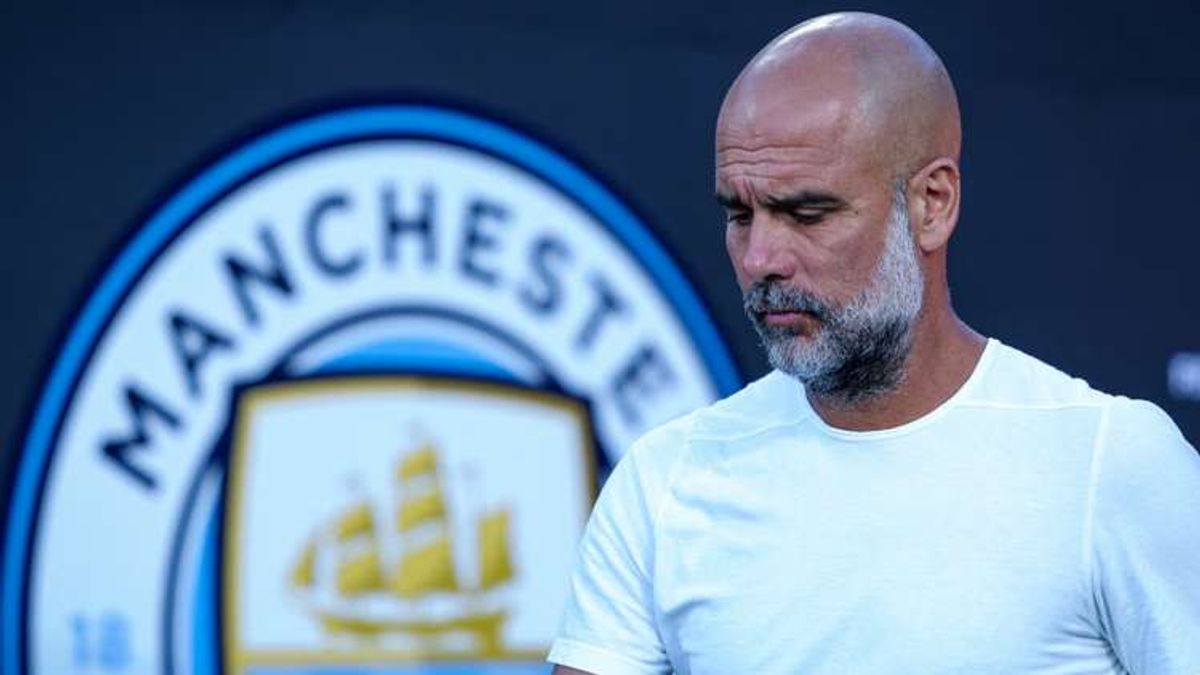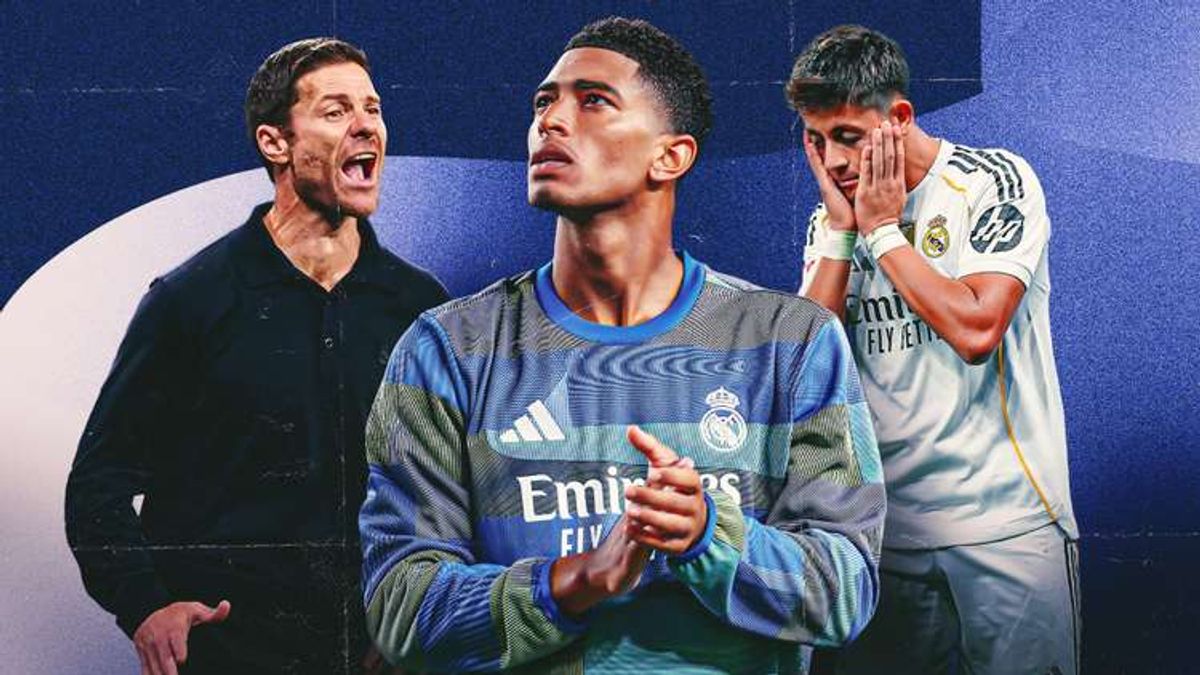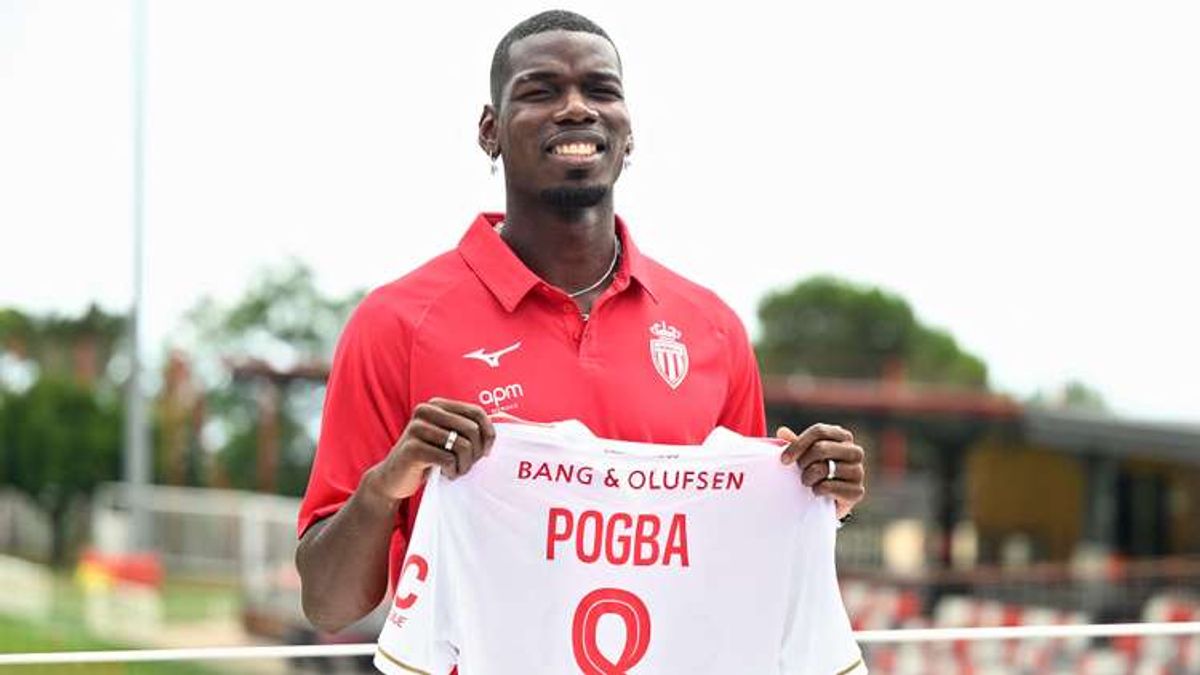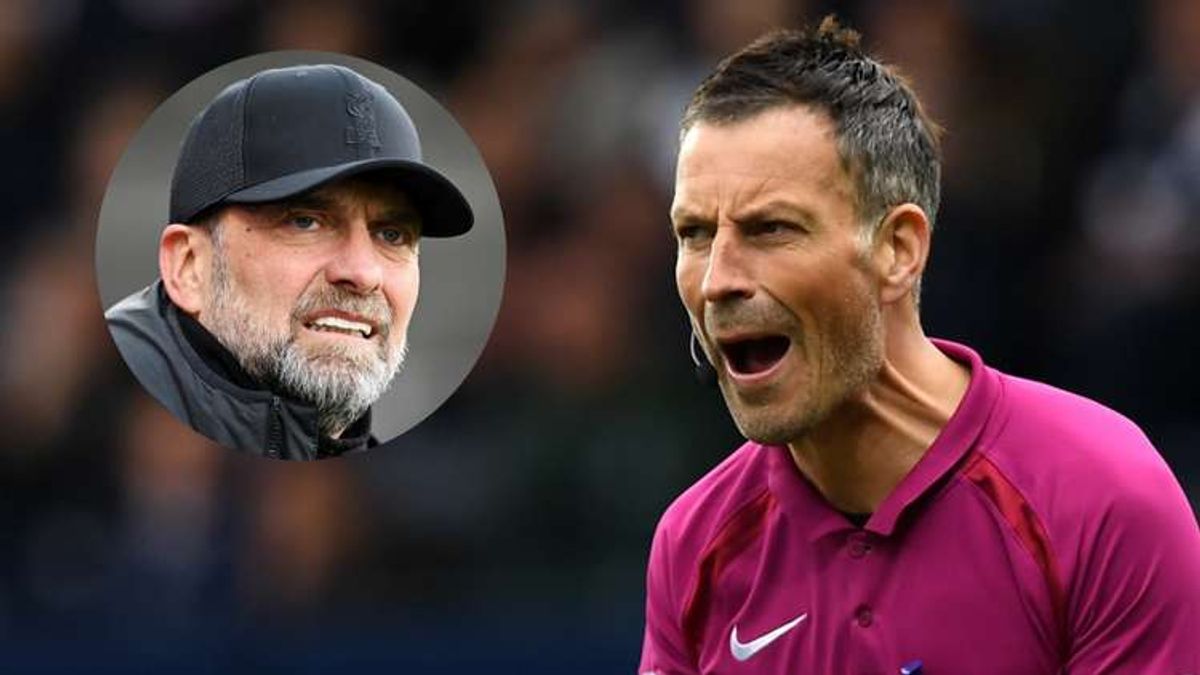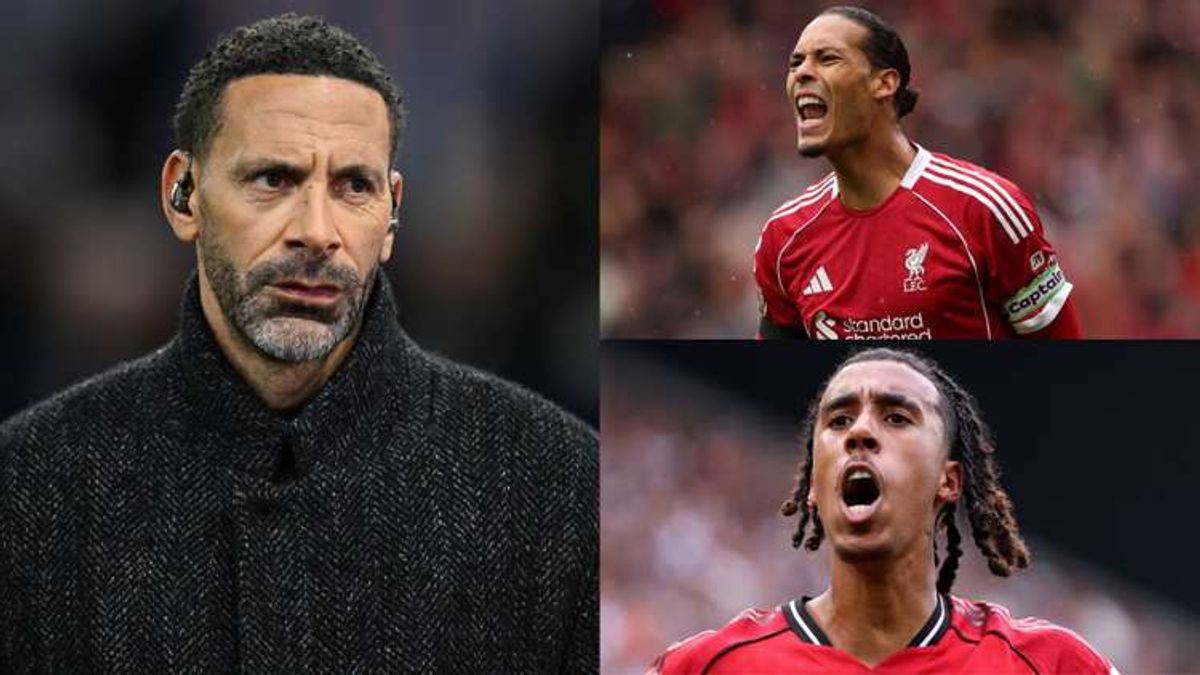Football in Crisis: Will Napoli President's Warning Spark Necessary Change?
Napoli president Aurelio De Laurentiis has sounded the alarm on the future of European football, declaring the sport as 'too slow, outdated, and destined to die'. Will his call for modern answers be the catalyst for much-needed reforms to attract a new generation of fans?

Napoli president Aurelio De Laurentiis has issued one of his starkest warnings to European football. Calling today’s game “too slow, outdated, and destined to die,” he argues young audiences are tuning out of a sport stuck in the past. From pushing a 16-team Serie A to free-to-air broadcasts, he insists football must reinvent itself with bold reforms before collapsing under its own weight.
The Grim Reality of Football's Future
Napoli president Aurelio De Laurentiis is not one to mince words, and his recent warning about the fate of European football has sent shockwaves through the soccer world. In his view, the beautiful game is at a crossroads, with young fans increasingly turning away from a sport that they view as stuck in the past.
Calls for Bold Reforms
De Laurentiis is advocating for radical changes to the structure and presentation of football in order to appeal to a new generation of fans. From his proposal for a 16-team Serie A to his push for more free-to-air broadcasts, the Napoli president believes that the time for incremental changes has passed and that a bold, revolutionary approach is necessary to save the sport from itself.
Embracing Innovation
While some traditionalists may balk at the idea of shaking up the established order of European football, De Laurentiis argues that without innovative thinking and a willingness to break with the past, the sport is doomed to irrelevance. By embracing new technologies, formats, and distribution channels, football can reinvigorate itself and capture the attention of a generation raised on constant stimulation and instant gratification.
The Path Forward
De Laurentiis's warning may be stark, but it is also a call to action for football's stakeholders to come together and chart a new course for the sport. As the traditional powerhouses of European football face increasing competition from other forms of entertainment, the time for complacency is over. Will De Laurentiis's blunt assessment be the wake-up call that football needs to secure its future in an ever-changing landscape?
